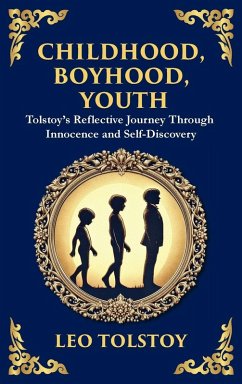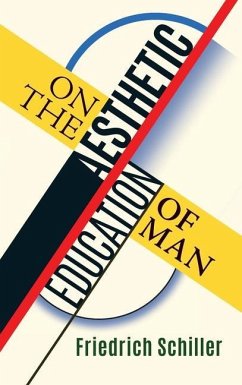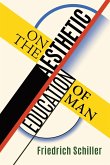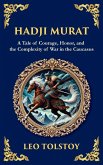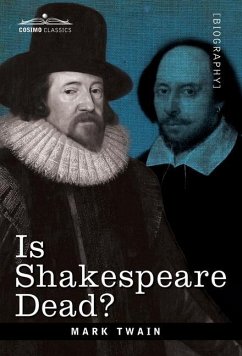What shapes a person's character? How does one grow from innocence to wisdom? In Childhood, Boyhood, Youth, Leo Tolstoy crafts an evocative and introspective novel that follows the journey of a young nobleman, Nikolai, as he navigates the joys and pains of growing up. From the carefree wonder of childhood to the emotional turbulence of adolescence and the idealistic aspirations of youth, Tolstoy paints a deeply moving portrait of self-discovery and transformation. Throughout the novel, Nikolai experiences first love, deep friendships, personal disappointments, and the struggle to define his place in the world. With rich psychological insight, Tolstoy captures the universal themes of identity, morality, and the passage of time. What You'll Discover in This Modern Translation: * A Timeless Coming-of-Age Story - Experience the universal struggles of childhood and adolescence through Tolstoy's deeply personal reflections. * A Philosophical Exploration of Growth - Witness the evolution of a young mind as it grapples with love, ambition, and the search for meaning. * A Masterpiece in a Fresh, Readable Style - This modern adaptation ensures that Tolstoy's insights remain clear and accessible for today's readers. * A Window into the Soul of a Literary Genius - Gain a deeper understanding of Tolstoy's formative years and the experiences that shaped his future works. More than just a novel, Childhood, Boyhood, Youth is a meditation on life's fleeting moments and the profound journey of growing up. Can we ever truly leave our childhood behind? Get your copy today and embark on one of Tolstoy's most introspective and beautifully written journeys.
Tolstoy's first published work, Childhood, is unquestionably one of his most engaging and profound narratives, and he followed it in short order with the other two parts of the trilogy. We have several competent English translations, but none of them comes close to matching Judson Rosengrant's in capturing the young writer's astonishing precision, stylistic variety, and range of moods [...] The introduction breaks new critical ground in presenting Tolstoy's language and thought. The deft, unpretentious annotations are the most thorough in any English-language edition. I cannot think of a better place to start for new readers of Tolstoy, or a more insightful, enjoyable refresher for experienced Tolstoyans William Mills Todd III, Harvard University

